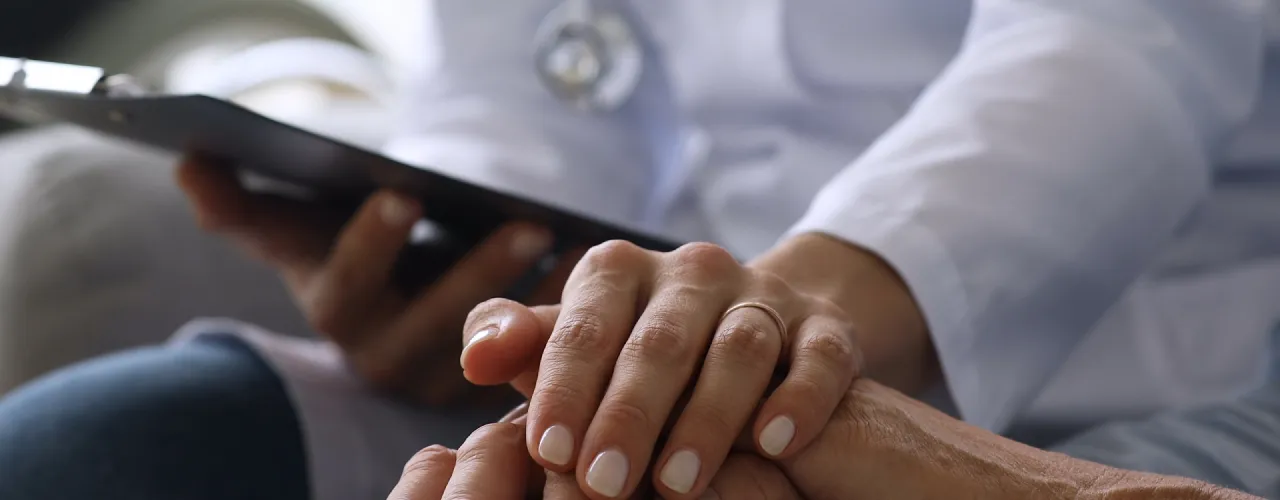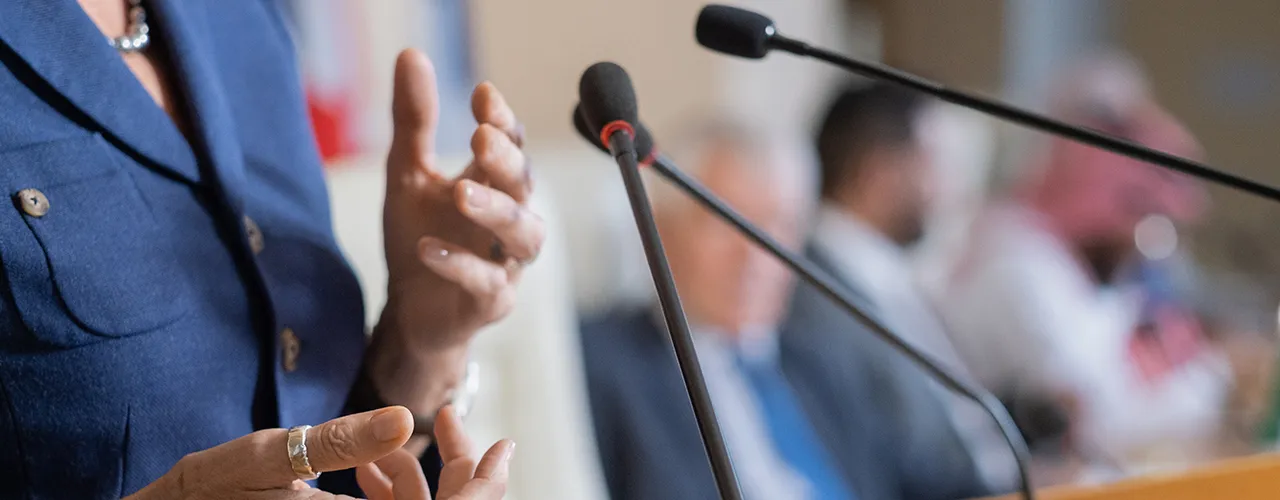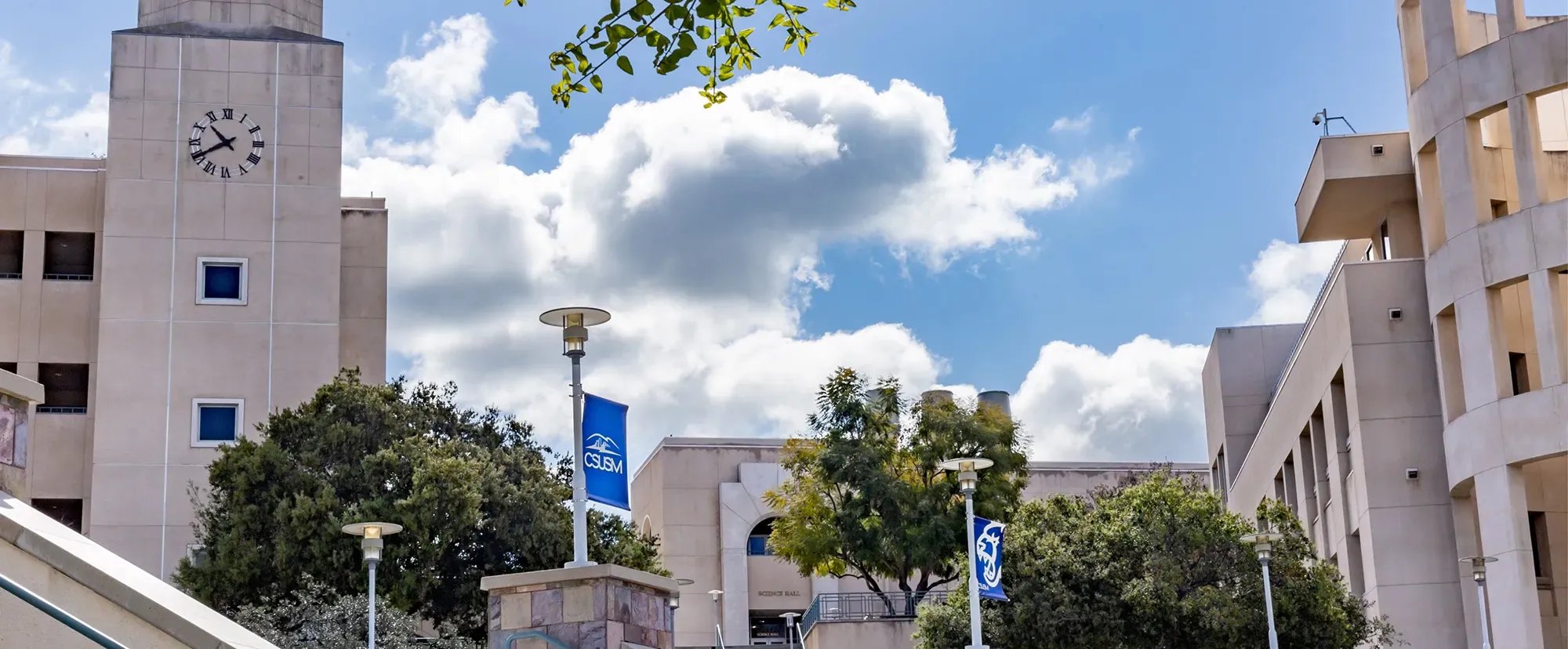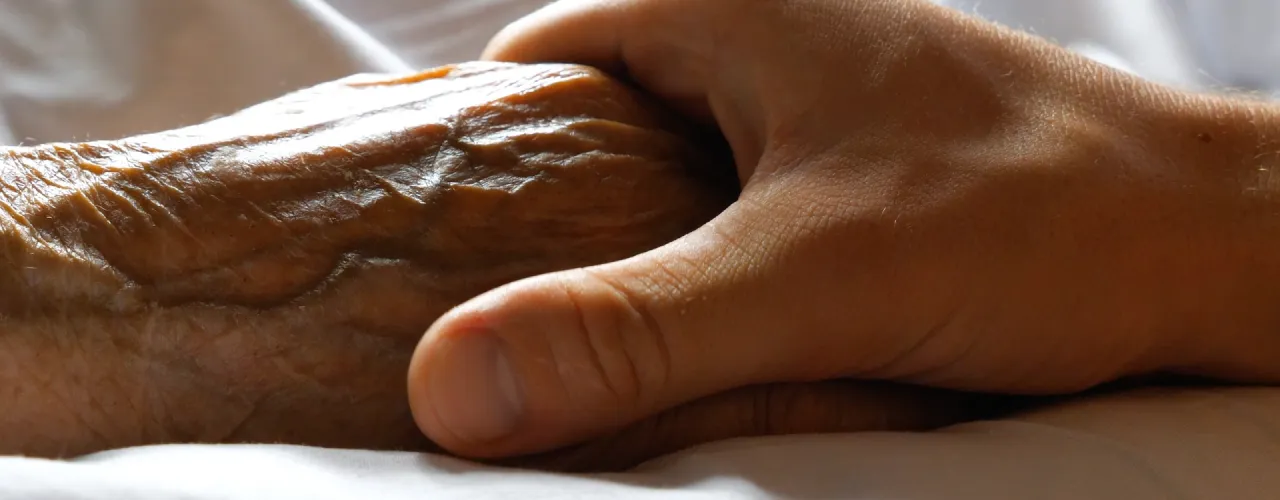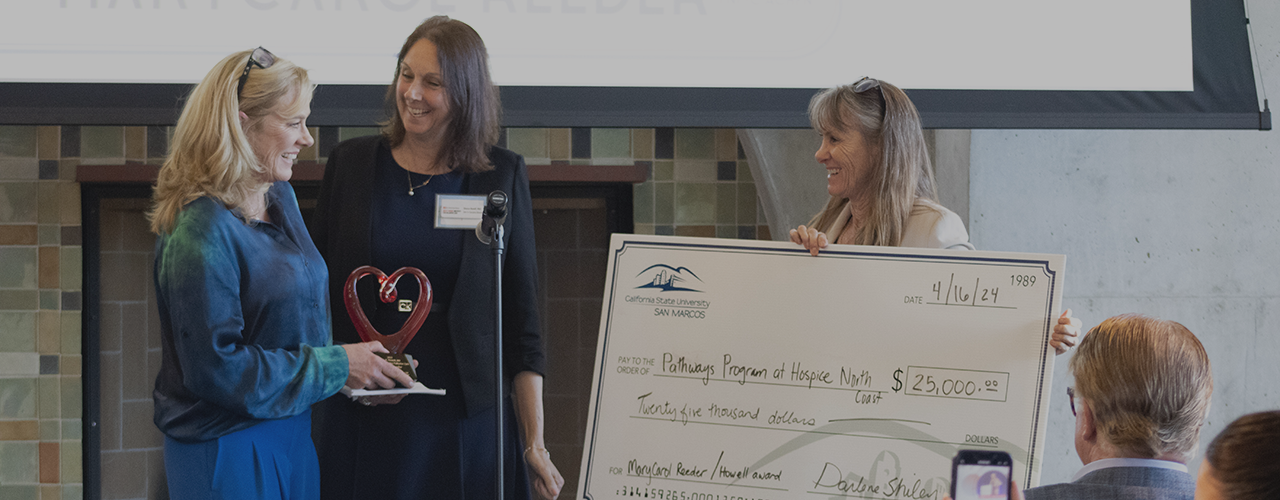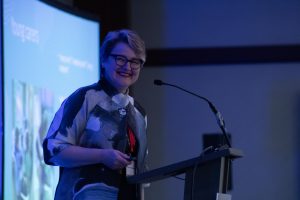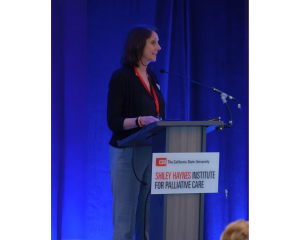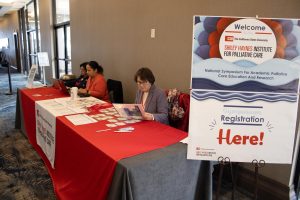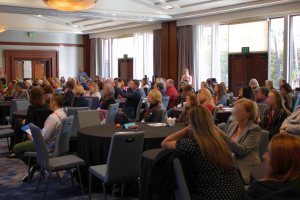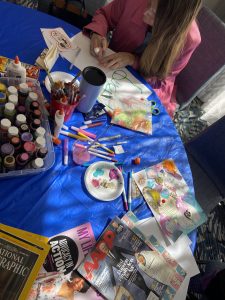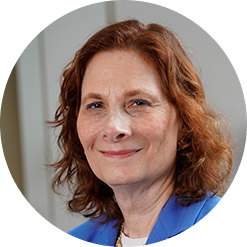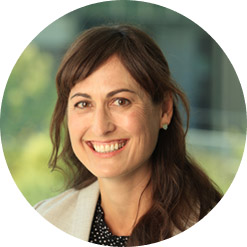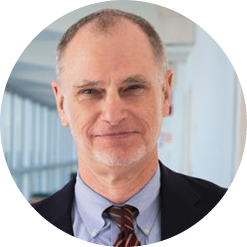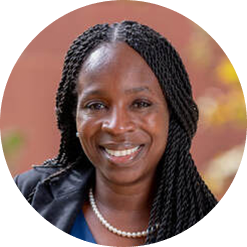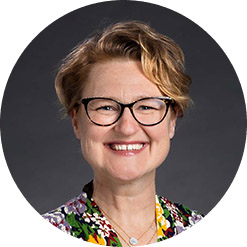2025 National Symposium for Academic Palliative Care Education and Research
Monday, June 2 – Wednesday, June 4, 2025
California State University San Marcos, University Student Union
National Symposium for Academic Palliative Care Education and Research
Since 2014, over 1,200 professionals from universities, academic medical centers, healthcare systems, health plans, hospices and community hospitals have attended our symposium. It is the only event of its kind in the country designed for university faculty, practitioners, and researchers focused on advancing palliative care.
The Symposium is a unique and interactive multidisciplinary conference designed to highlight the latest in academic palliative care research, teaching, and practice.
The annual conference features a dynamic agenda of plenary, paper, panel, and workshop sessions highlighting how to incorporate palliative care concepts into research, courses, and experiences at all educational levels.
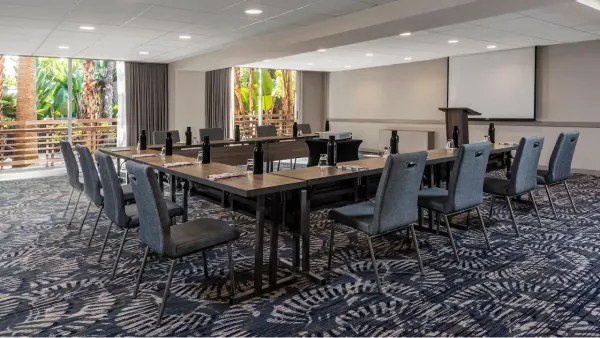
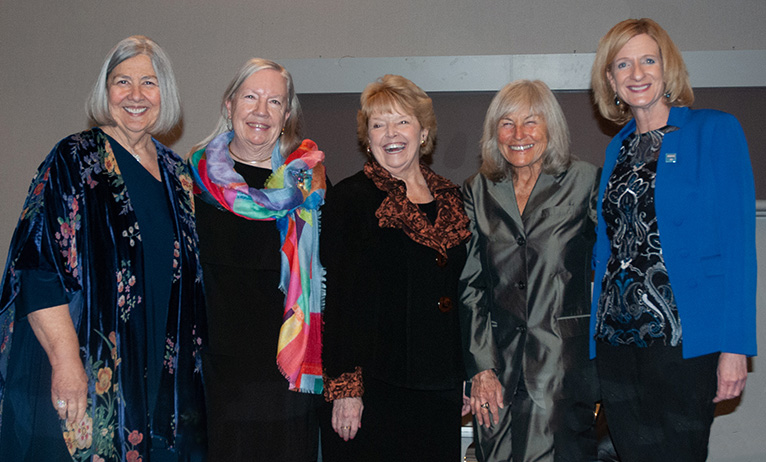

Our Keynote Speakers Are National Leaders In Palliative Care
Featured keynote speakers include national experts and changemakers leading a collective movement to enhance serious illness care from the ground up. Symposium keynotes include palliative care pioneers, innovative clinicians, renowned educators, and others passionate about making palliative care more accessible to everyone who needs it.
The 2025 Symposium is Coming
We’d like to thank everyone who attended the 2024 National Symposium for Academic Palliative Care Education and Research! It was a great success, and we look forward to seeing you again in 2025!
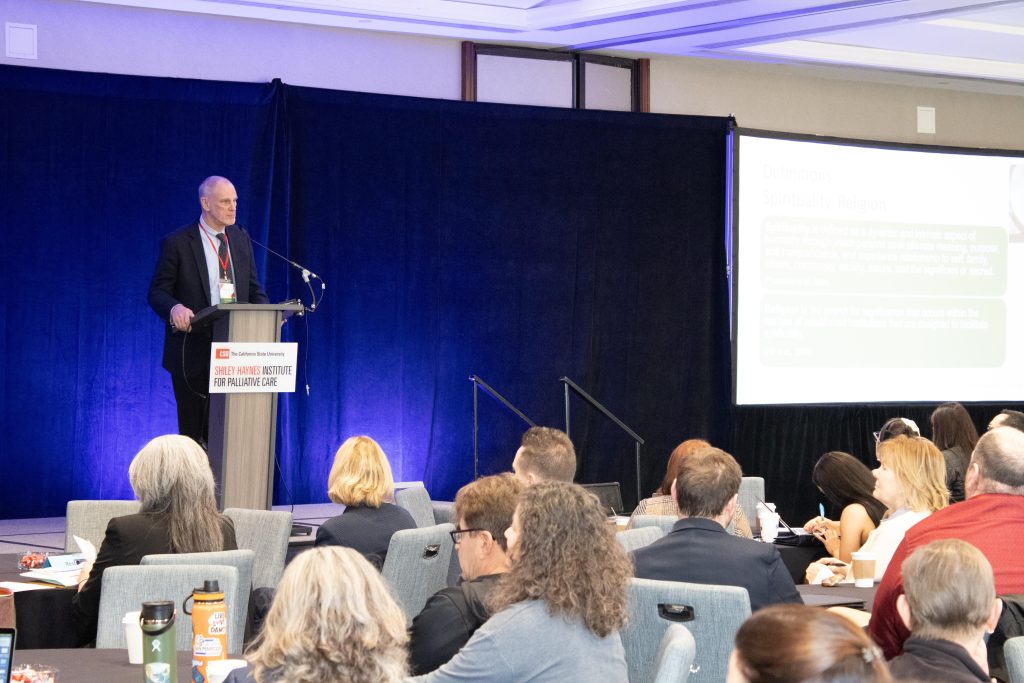
Join the interest list!
We are pleased to announce that the 2025 National Symposium for Academic Palliative Care Education and Research takes place June 2-4, 2025 at the CSUSM University Student Union!
Sign up now to get the latest news and updates about the this unique event! You’ll receive all important updates about registration dates, travel and accommodations, speakers, plenary presentations, workshops, special features, and much more.
Sign up today!
Images from the 2024 Symposium
Accessibility
Disability Accommodations or Special Needs
Individuals with disabilities requiring special accommodations, please contact the Symposium Coordinator at pcsymposium@csusm.edu.
It is requested that anyone who requires auxiliary aids such as sign language interpreters and alternative format materials notify the event sponsor at least seven business days in advance. Every reasonable effort will be made to provide reasonable accommodations.

